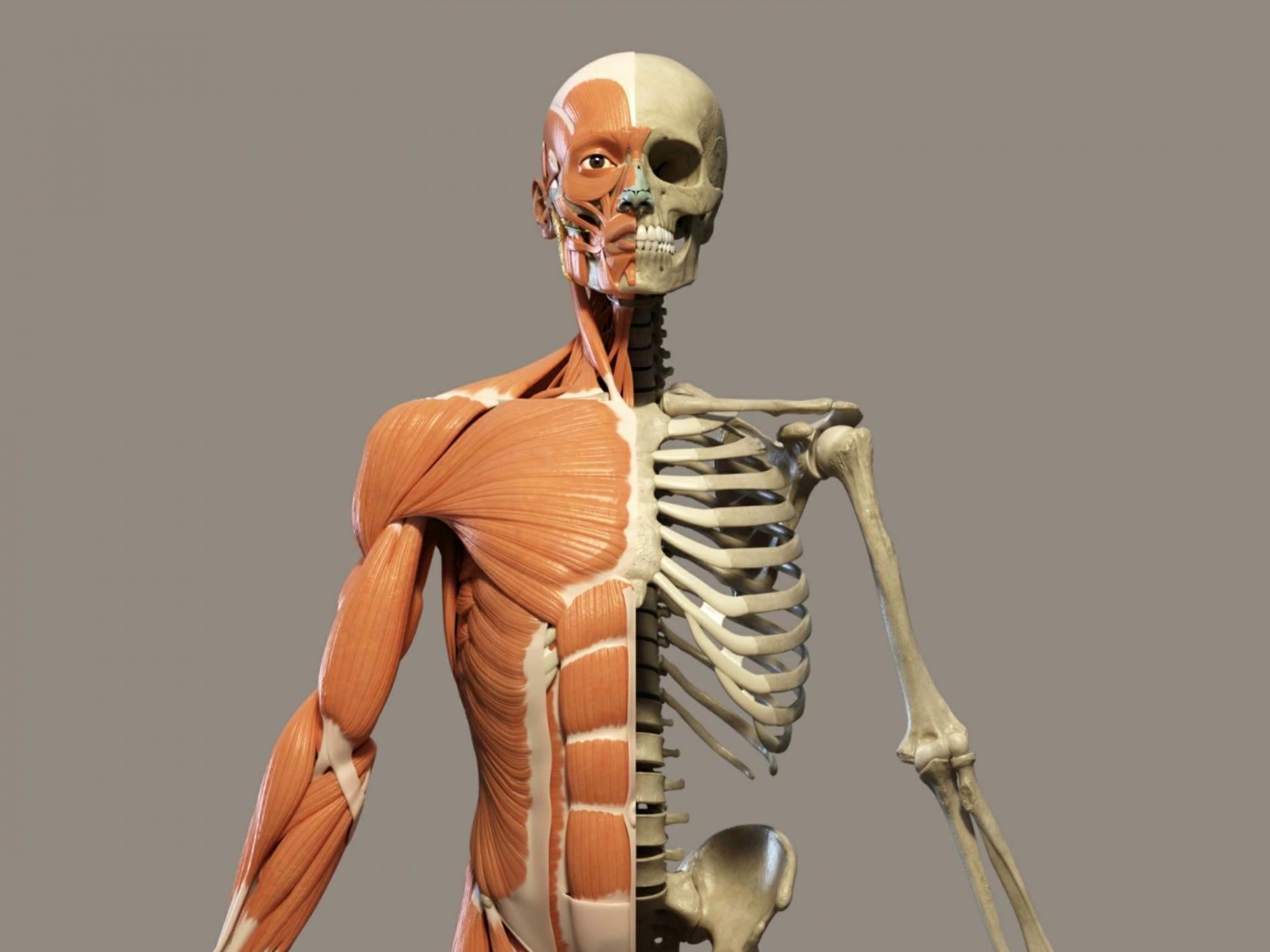Britons clueless about which bones make up human body, claims study
One in 10 people thought toe is smallest bone

As the famous old song goes, "the knee bone's connected to the thigh bone" - however, a study has found Britons are actually clueless about limbs that make up the human body.
Researchers who carried out the survey of 2,000 adults claim many people are unable to tell their femur, known in layman's terms as the thigh bone, from the fibula, which is the calf bone.
They found very few people, just 37 per cent of those polled, correctly identified the two bones in the lower arm as the raidus and the ulna.
Furthermore, it also emerged one in almost 20 people wrongly believe the large leg bone is called the humerus.
Less than three in 10 were aware the pubis is part of the hip bone while 29 per cent have no idea the body’s smallest bone is in the ear.
Almost one in 10 wrongly thought this to be in the toe.
But it’s not just the names of bones and where they sit in the body which leaves Britons scratching their heads as just 36 per cent know magnesium is a vital nutrient for good bone health, alongside calcium.
A spokesman for the supplement, Vitabiotics Osteocare, which commissioned the research, said: “Our bones aren’t just there to hold our body up, they are fundamental for our health and wellbeing.
“While the names of individual bones may not be common knowledge, what is really important is an understanding of how we can keep bones healthy throughout our lives.
“Bones have many functions – as well as supporting the body structurally, they also protect our vital organs, allow us to move, are where blood cells are created and also act as a storage area for minerals.
“They come in all shapes and sizes, from the thigh bone, or femur which is the largest, to the stapes in the middle ear, which is the smallest in the body at just 3mm long.”
The study also found only 28 per cent are aware babies have more bones than adults – at birth, humans are born with around 270 soft bones, some of which fuse as we grow, leaving us with 206 bones once we reach adulthood.
Only 34 per cent of adults know there are 206 bones in the human body, with almost one in 10 believing they have more than 400.
It also emerged more than one third are unaware the patella is the correct name for the knee bone, although eight in 10 know the cranium houses the brain.
Worryingly, the study also found 44 per cent of people don’t think they get enough calcium – an important nutrient for bone health - while another 30 per cent don’t think they get enough magnesium.
Most of the body’s magnesium is found in the bones, and its intake with calcium provides greater bone strengthening benefits than calcium alone.
Thirty-nine per cent also think they lack vitamin D.
And 32 per cent regularly buy dairy free products, with seven per cent following a completely dairy-free diet.
It emerged just 20 per cent are aware whole grain is a good source of magnesium, while only one in four were aware avocado is high in the mineral.
Many also had no idea spinach (60 per cent), peanuts (80 per cent) and dark chocolate (81 per cent) are good sources of magnesium.

Researchers from OnePoll also found 83 per cent of people agree it is important to take care of their bones when they are in their 20s and 30s.
But almost three in 10 are unaware a good intake of nutrients is important, while 25 per cent don’t think a good calcium intake during your younger years is important.
And only 26 per cent think they did enough in their younger years to make sure their body would stay strong enough as they got older.
A spokesperson for Royal Osteoporosis Society added: “We want people to look after their bones in the same way that they look after their hearts.
''And we actively encourage everybody under the age of 30 to build their bone bank through diet and exercise to give them the best possible chance of strong bones in later life.”
SWNS
Join our commenting forum
Join thought-provoking conversations, follow other Independent readers and see their replies
Comments
Bookmark popover
Removed from bookmarks